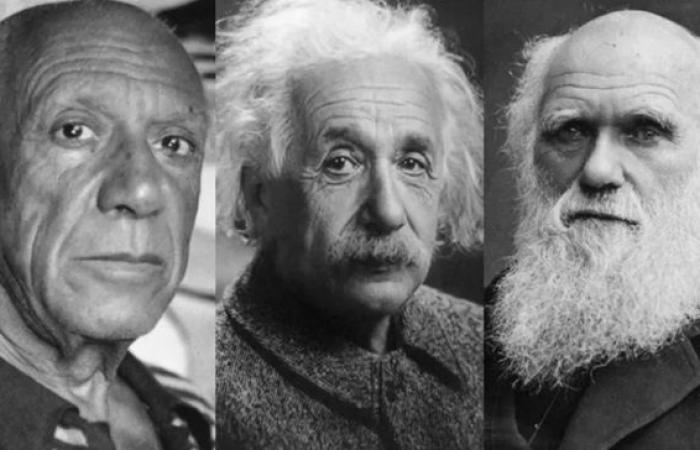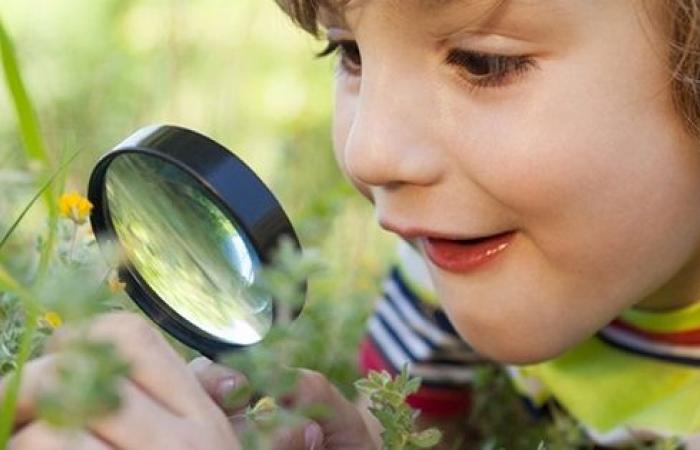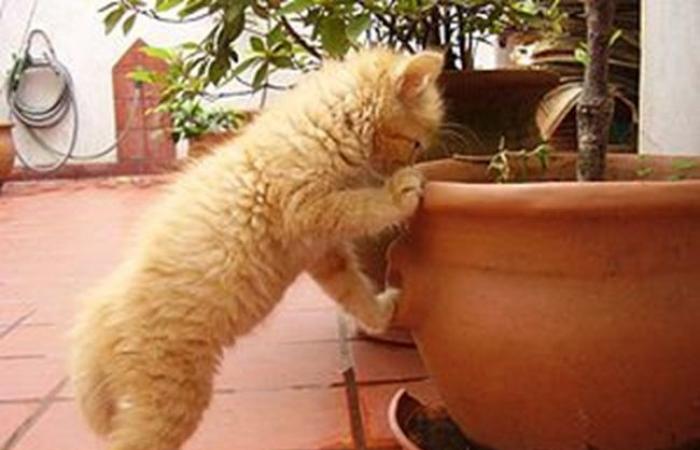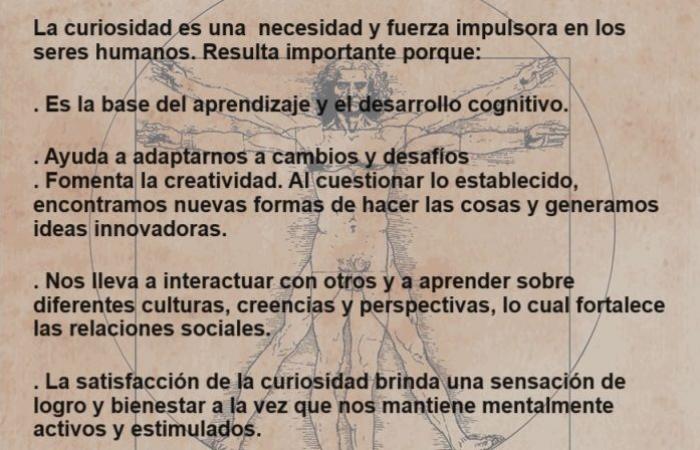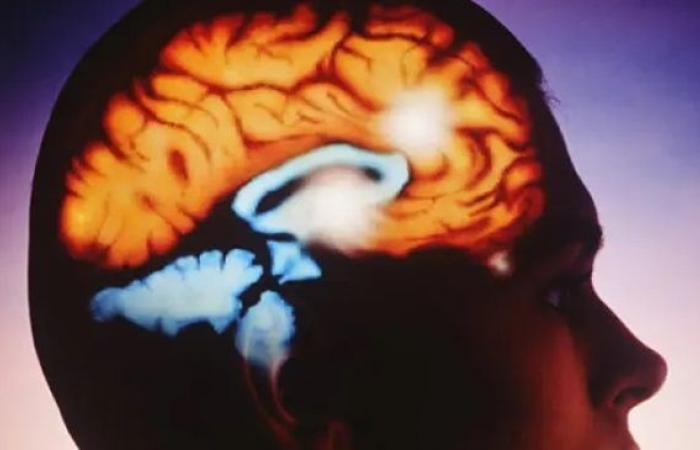“Everybody is a genius. But if you judge a fish by its ability to climb a tree, it will live its entire life thinking it is useless.” Although it is not confirmed, many attribute the sentence to Albert Einstein and it is a sentence included in the book The secret habits of geniuses, which, although published four years ago, still gives something to talk about.
This happens because, in addition to the topic it deals with, its author, Craig Wright, professor of Musicology at Harvard and professor emeritus of Music at Yale, is supported by some 20 years of research into the nature of genius.
He began teaching a course on the subject and, over time, this became one of the most popular courses at the university for dismantling myths and making interesting revelations about those considered geniuses such as Mozart, Da Vinci, Marie Curie, Einstein, Picasso, Steven Hawking… and many more.
Picasso, Einstein and Charles Darwin. Photo: taken from cronista.com
It is not a question of genius brought as a gift – although certain talents can be hereditary – but, according to the author’s studies, it is above all the result of some habits or behaviors that are within the reach of everyone and that, even when not lead directly en masse to the auditorium of geniuses, they can help to display creativity in the achievement of certain goals.
Among these habits are:
-A strong curiosity about the world
– Discard traditional work models to think outside of pre-established molds
– Great levels of concentrating on your task
Curiosity: impulse to develop thinking
“Call it a desire to learn, a passion for knowledge, or powerful curiosity: all of these characteristics drive the same thing and we all have them, albeit to varying degrees. […] For geniuses, more than for most people, the desire to understand is like an itch.
To this comment by Professor Wright, other interesting considerations can be added, such as those contained in the academic journal of the National Autonomous University of Mexico (UNAM), where it is noted that “Curiosity is a pleasant emotion that involves the search for information, knowledge and experiences. new. It is fueled by the will to surpass or expand our domain, knowledge and understanding of the world. It is a positive emotion strongly linked to the impulse to know or find out new things and solve questions, a natural human response.”
Photo: taken from mundoninoslatam.com
The cited article indicates that curiosity is an impulse for the development of thought because it is decisive for the expansion of experience, which is the basic component for reflective intellectual development.
On a physiological level, the feeling of curiosity shares the neural mechanisms related to stimuli such as hunger or thirst. It is the conclusion of a group of researchers led by Johnny King L. Lau, from the Faculty of Psychology and Clinical Language Sciences at the University of Reading (United Kingdom).
These researchers carried out behavioral experiments with a group of volunteers and applied neuroimaging techniques to investigate the psychological and neurological mechanisms that underlie the feeling of curiosity.

Photo: taken from esan.edu.pe
And curiosity is studied as an intrinsic motivation in which the reward is the same state of exploration and it is a trait of our species that has allowed us to evolve, due to its intrinsic relationship with learning, summarize the UNAM researchers. , who in their text remember how many of the great discoveries have had their starting point in that emotion.
According to research published in the journal Neuron, curiosity activates the brain’s reward and pleasure system. Dopamine is secreted, which in turn allows new connections between neurons. Even though they say that, like everything that generates pleasure, curiosity can become addictive, thanks to it you learn faster and develop a greater ability to manage stress and uncertainty.
Although he killed the cat
Although the saying indicates that “curiosity killed the cat” – excesses are always harmful – recent research confirms the importance of that insatiable impulse to explore and understand the unknown that is curiosity.
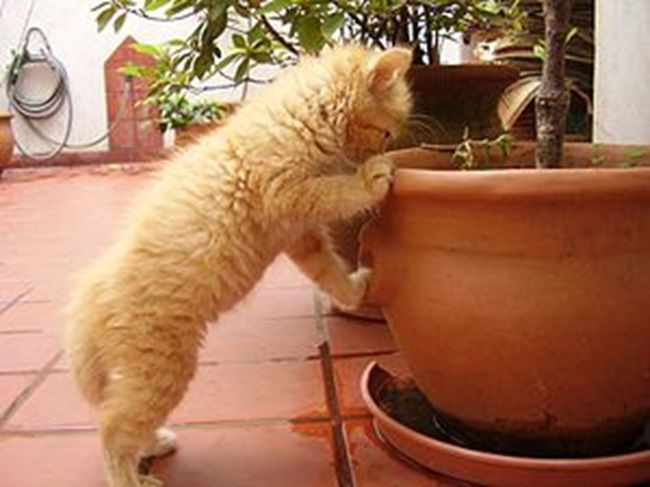
Photo: taken from blogspot.com
Discoveries in evolutionary psychology, for example, indicate that curiosity may have played a key role in the survival and success of humans by encouraging them to explore new environments and learn quickly from them.
And such exploratory behavior has been observed not only in humans, but also in other species, suggesting that curiosity could be a more widespread characteristic in the animal kingdom.
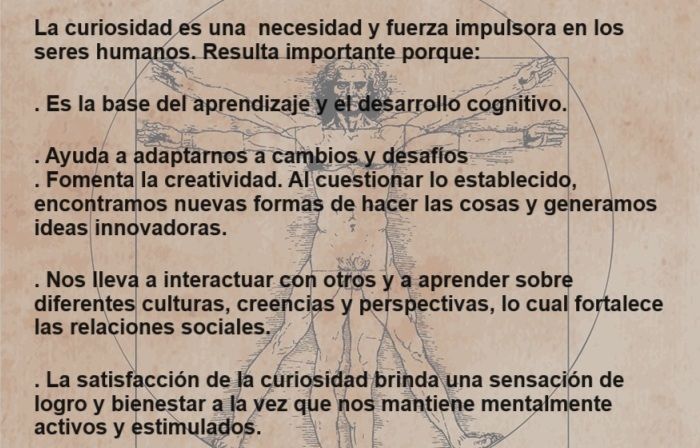
CubaYes
Technology and artificial intelligence are also playing a role in exploring human curiosity. Computational models that mimic human decision-making help researchers better understand how we evaluate options and take risks based on our curiosity.
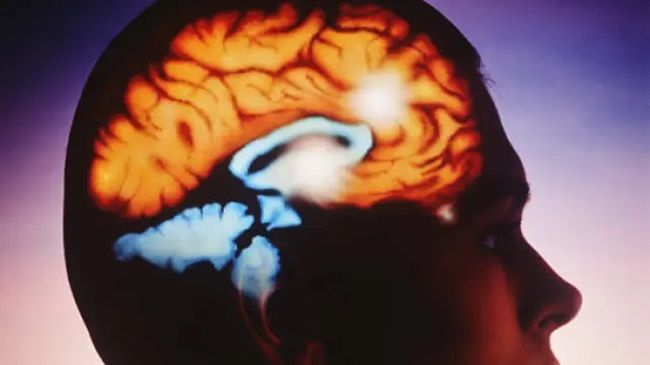
Image: taken from 20minutos.es
Such models could in the future help improve educational systems by designing learning environments that foster natural curiosity and problem-solving abilities.
Human curiosity is an interdisciplinary field of study that continues to offer valuable clues about our species. From physics to psychology, each discovery allows us to better understand what makes us so unique in our tireless search for knowledge, which is not only exclusive to geniuses, it is within the reach of everyone to understand more and more the complexity of our existence and the universe we inhabit.

